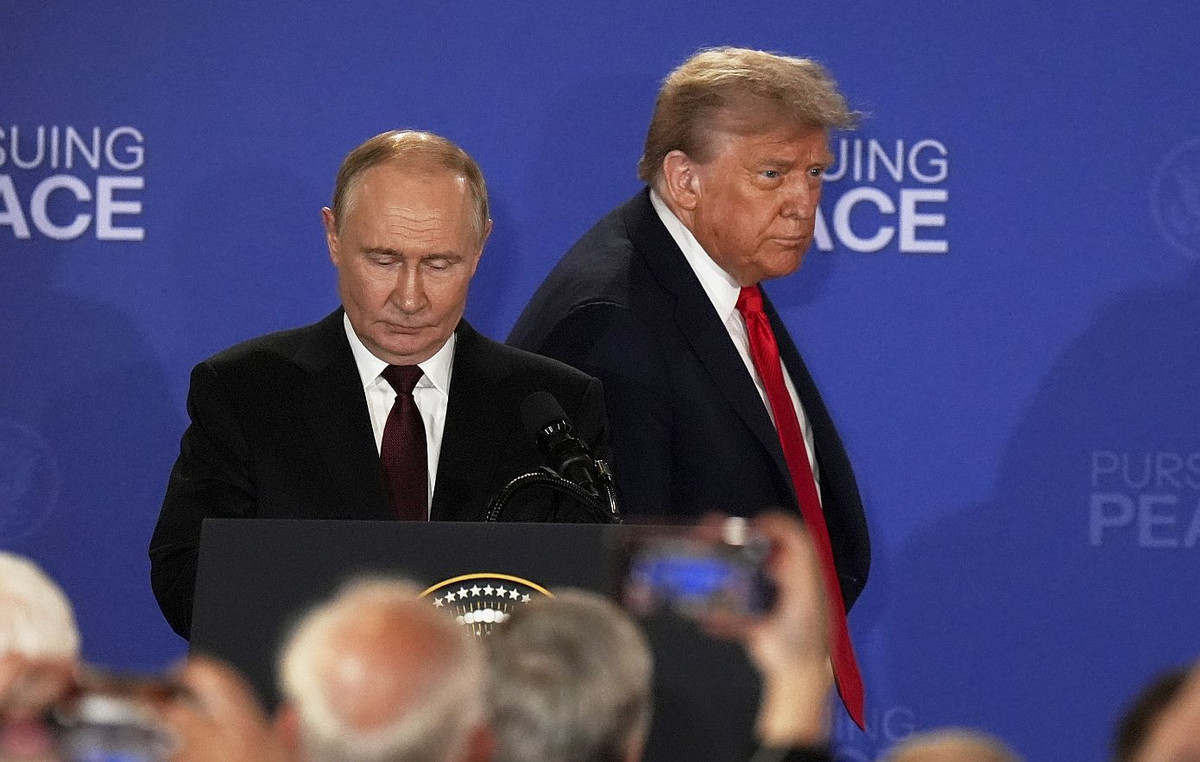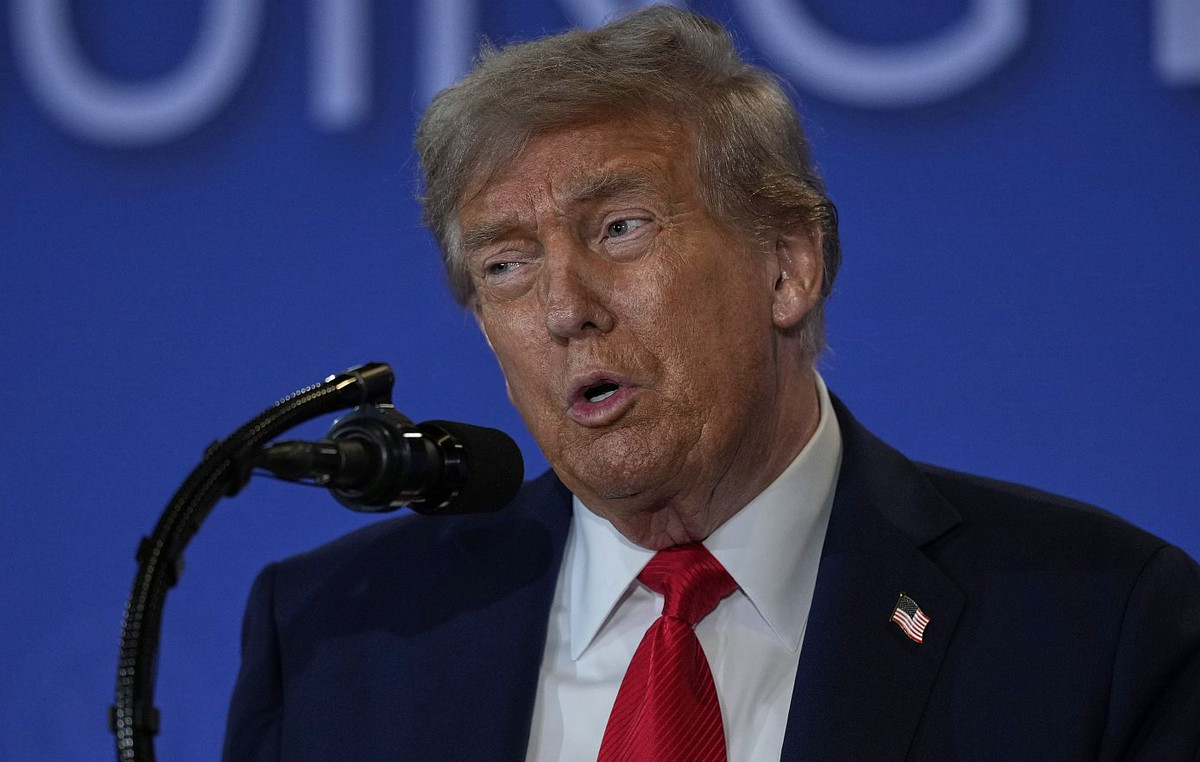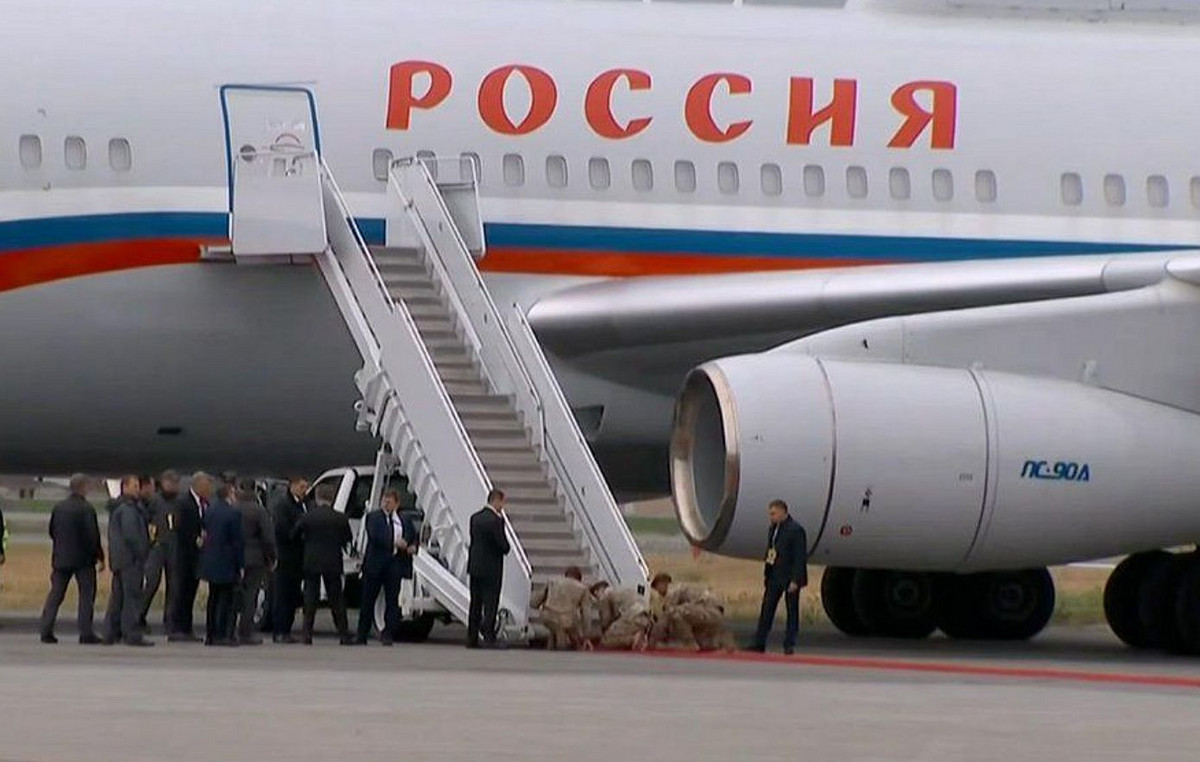Pakistanis have been urged to drink less tea to keep the economy afloat as the world’s biggest tea importer struggles with rising inflation and a rupee [moeda] in rapid devaluation.
The country’s Federal Planning and Development Minister Ahsan Iqbal told reporters on Tuesday that Pakistanis could reduce their tea consumption by “one or two cups” a day as imports are putting financial pressure on them. additional government.
“The tea we import is coming through a loan,” Iqbal said, adding that businesses should also close early to save electricity.
The South Asian country of 220 million is the world’s biggest tea importer, buying more than $640 million in 2020, according to the Observatory of Economic Complexity.
Pakistan has been facing severe economic challenges for months, leading to a spike in food, gas and oil prices.
Meanwhile, its foreign currency reserves are rapidly dwindling. Funds held by the central bank fell from $16.3 billion at the end of February to just over $10 billion in May, according to Reuters — a drop of more than $6 billion and enough to cover the cost of two months of their imports.
Many in Pakistan took to social media to deride Iqbal’s appeal, saying cutting tea consumption would do little to alleviate the country’s economic woes.
Pakistan’s economic crisis was at the center of a political confrontation between Prime Minister Shehbaz Sharif and his predecessor Imran Khan earlier this year, leading to Khan’s ouster in April.
Sharif accused Khan of economic mismanagement and mismanagement of the country’s foreign policy, forcing Khan to step down in a vote of no confidence.
Accepting the growing economic crisis has been a challenge for the Sharif government.
Last month, Pakistan banned the import of non-essential and luxury items to “control spiraling inflation, stabilize foreign exchange reserves, strengthen the economy and reduce the country’s dependence on imports,” Information Minister Marriyum Aurangzeb said. , at a press conference on May 19.
Sharif said at the time that the decision “will save the country precious foreign exchange” and that Pakistan has to “practice austerity”.
In late May, the government lifted the fuel price ceiling — a condition for a bailout deal with the International Monetary Fund (IMF) to go ahead.
Last week, the government released a new $47 billion budget for 2022-23 in a bid to convince the IMF to restart the $6 billion bailout deal agreed by both parties in 2019.
Source: CNN Brasil







